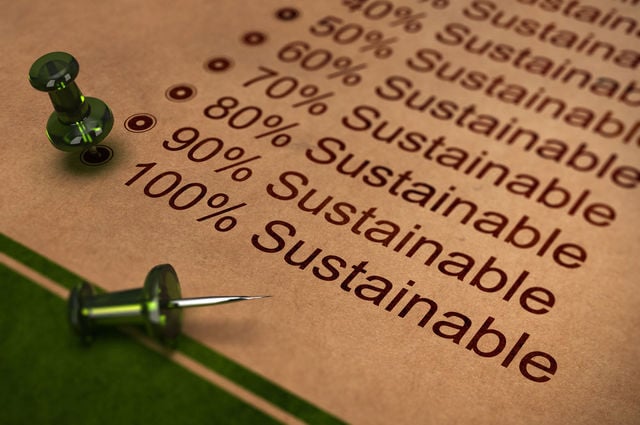How can sustainability be communicated beyond clichés and greenwashing?
31 experts shared their view
Both clichés and greenwashing are amongst the biggest traps to fall into when communicating sustainability. A "let's save the world" claim and tacky towel policy stickers are superficial and unappealing and could be a turn-off to the small group of environmentally and socially-conscious consumers. Green certification and lengthy, detailed corporate sustainability reports may (potentially) be of interest to a small niche group of highly activist consumers, who may not buy into that type of corporate hospitality in any case. However, there is a growing number of informed travelers: Those in search of genuine wellbeing and meaningful experiences at no (or as little as possible) cost to the planet. What works and what doesn't work in communicating sustainability? Any recommendations in regard to communication entering this critical decade?
If you want people to believe that you care about the environment, then you have to start by actually caring about the environment. Your guests will write off the generic "mindfulness" options if they don't believe they are coming from a place of genuine concern for the environment. Otherwise, they will think that this is just a way for the Hotel to improve their bottom line. There should be no profit motive, and there should be more substance than a card laying on the bed.
I recently participated in a 6-month research project, trying different methods to encourage guests to use fewer resources while in their room. Of all the experiments, only two led to noticeable energy reduction in the rooms: A real-time feedback device on water usage installed in the shower - the longer/hotter your shower, the faster an iceberg melts and drowns a polar bear, and offering to donate any savings on energy usage to an environmental charity. People didn't want a discount on their room, they genuinely wanted to do good for the world. You have to give them confidence that their actions will truly make an impact while making it convenient for them to participate. This was a significant investment, but that was actually what we wanted - to invest in sustainability. People could see that, and that encouraged them to participate as well.
For this to be successful, you have to do more than just believe in it. You need data to make actionable decisions and properly communicate the initiatives you've implemented. Complete visibility and access to all the systems that play a role in your sustainability project is key, and to do that, you need a platform that connects to those various systems. Without automation and convenience, you are making it harder to be transparent and to maintain the program when costs increase.
In summary - create non-corporate, holistic sustainability initiatives, and share the data you collect freely (good and bad) so people can see how serious you are.


